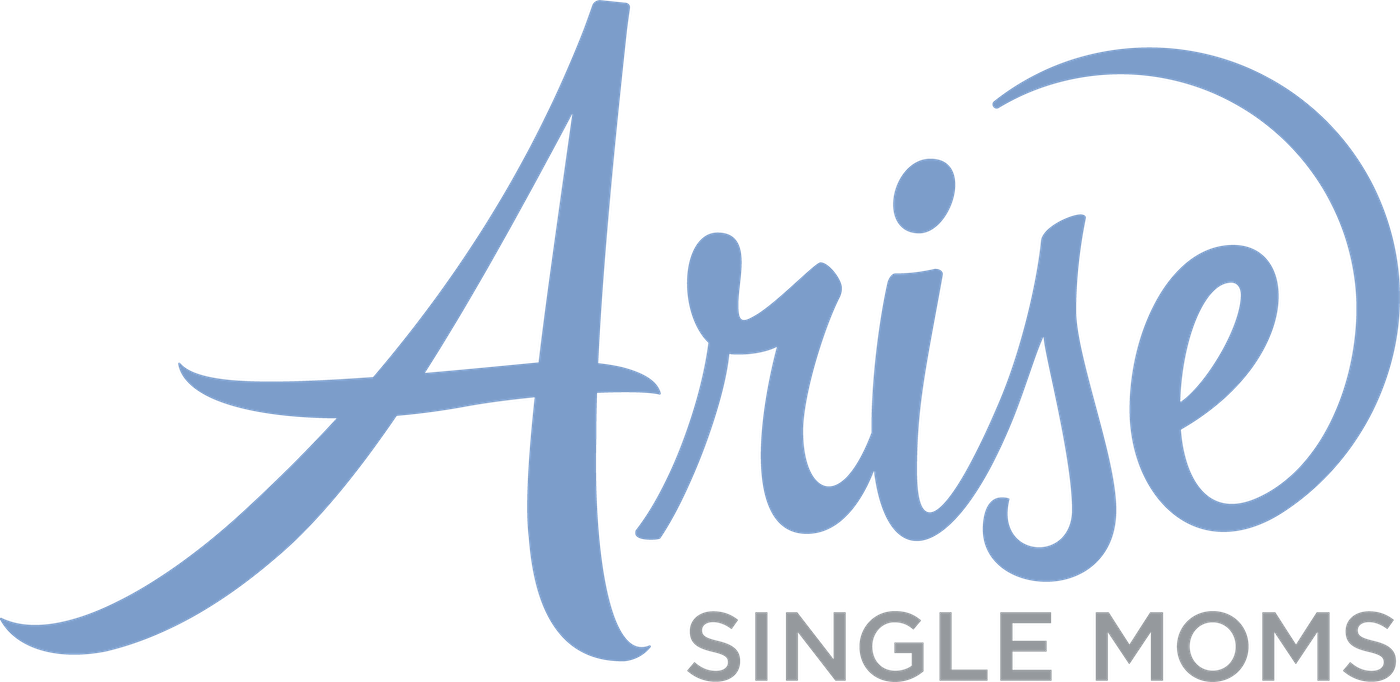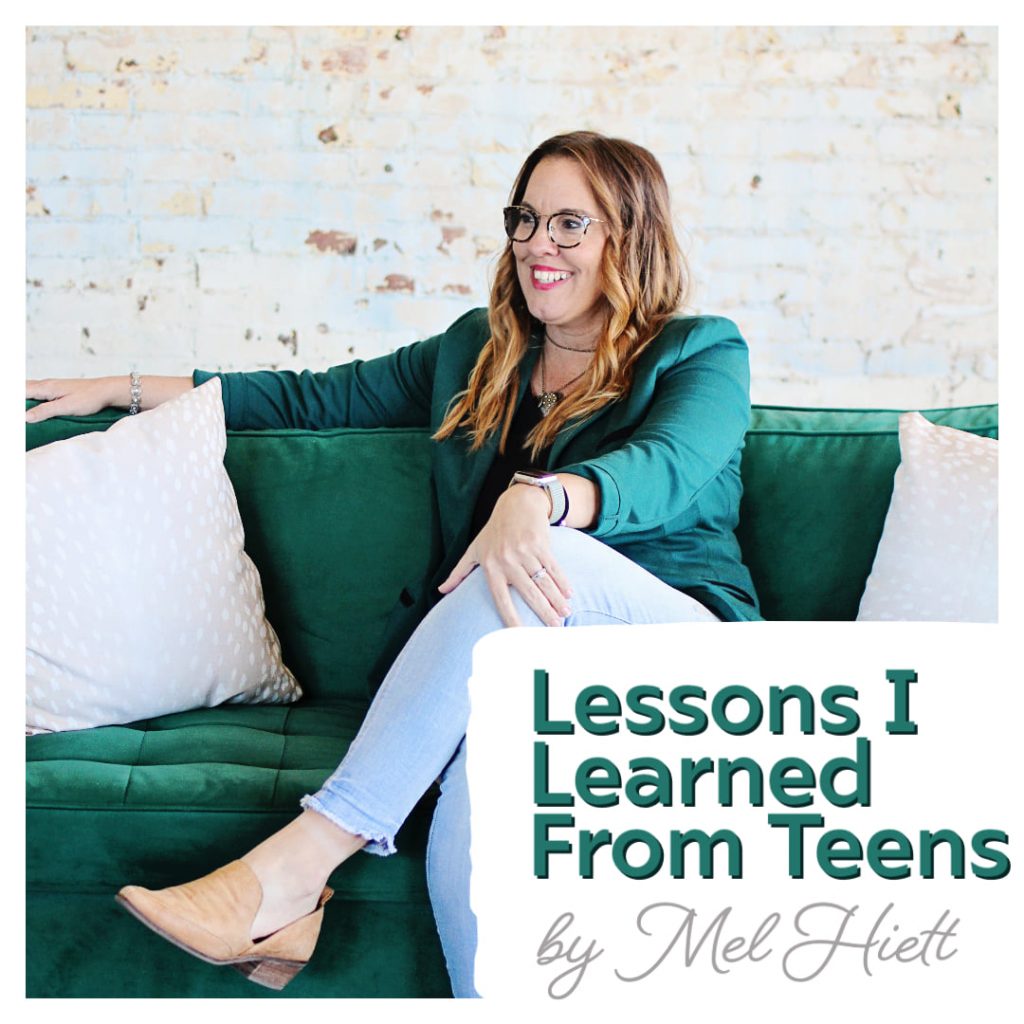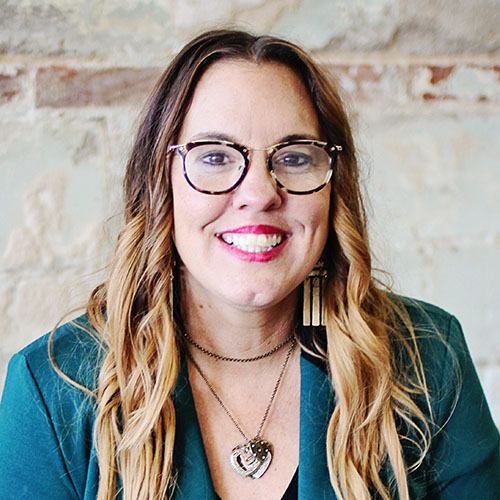Lesson #1
I’ll never forget the silence in the room after I asked one particular question. It was a Sunday morning at my local church, and I was standing in front of a room full of high school students. The topic for the day was doubt. I started my teaching with a few interactive questions. Here’s how this interaction went.
“How many of you have ever doubted that everything in the Bible is true?” I asked. A few hands shot up immediately. I heard some murmuring between students.
“How many of you have ever doubted that Jesus did all of the things it says he did?” Again, some hands here and there and a little side discussion.
“How many of you have ever doubted that God really exists?” So far, this question was winning with the number of hands that went up, but it still wasn’t even half of the room. Now, to my final question.
“How many of you have ever doubted yourself?” Every hand in the room went up. Every hand. And those hands stayed up. I was silent. I wasn’t shocked, but I also was shocked. The hands stayed up and my eyes filled with tears. The room was silent. It wasn’t often that I could get a room full of teenagers to be silent, but that question hushed the crowd and my heart.
With tears in my eyes, I cleared the frog in my throat and said, “Well friends, what then are we supposed to do?” I was shocked when a loud response came from the middle of the room: “Help us.”
To be honest, I had never felt so underqualified. I had worked with teenagers for fifteen years at this point. I knew them, and they knew me, but I wasn’t sure this mountain was climbable. Especially not by me. Because, after all, I should have raised my hand as well. So I did. I raised my hand and began telling a truth story. A story about doubt and the moments I had wrestled with it. I shared the things I doubted about myself and how they created this barrier between God and me.
I paused as I realized the convincing message I had prepared to deliver to them about not doubting was not the solution. Raising my hand was the solution. But I didn’t know what else to say.
Then a young woman on the front row began sharing what she doubted about herself. When she was done, I looked at the room and asked, “What about you?” For the next forty-five minutes, I sat quietly on a stool in the front of the room as students shared the doubts they had about themselves.
Every week I would spend hours making sure those students left our room with more than they entered with. I wanted them to learn things—new things, old things, and challenging things. This morning, I believe I learned the most. I learned these incredible truths from teenagers: Doubt can bring a room together. Doubt can create solidarity. Doubt does not have to live alone. I should never be afraid to raise my hand.
As parents, we can grasp this truth for the greater good of our children. We can “raise our hands” with our own children. We can share honestly about what causes us to doubt ourselves and our God. Raising your hand with your own children looks like you just opening the door for these discussions at the dinner table. It looks like you owning up to your faults and shortcomings. It looks like you creating a safe place not to be perfect and to walk out a relationship with Jesus that isn’t perfect either.
Your children don’t need you to be perfect; they just need you to be honest. They need you to allow them to be honest as well. Ask questions. Let them raise their hands. Then raise your hand as well.


